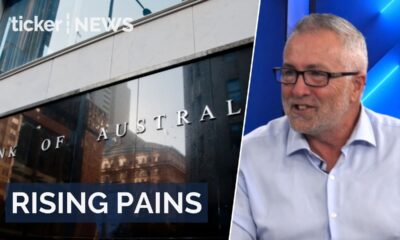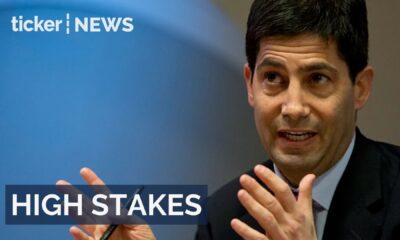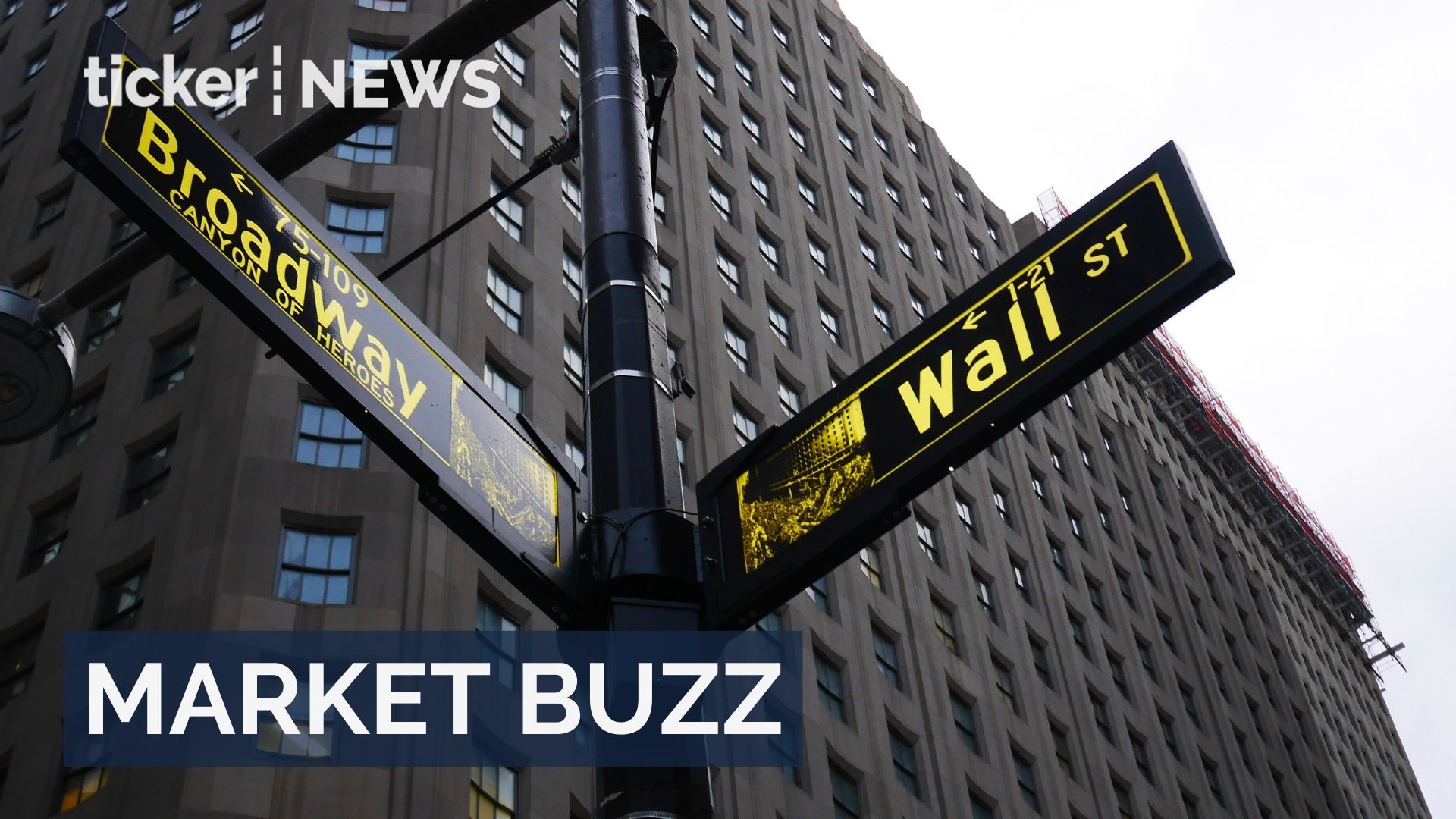Money
Former Boeing pilot cops criminal charge over 737 MAX crashes

Money
Australia’s inflation hits 3.8%: Budget decisions under pressure
Australia’s inflation hits 3.8%, raising concerns for households; Dr. Enticott discusses implications for everyday Australians and economic planning.
Money
Wall Street gains momentum amid tech and earnings surge
U.S. stocks rose Monday, driven by Oracle gains, as investors overlooked recent silver and bitcoin losses ahead of earnings week.
Money
U.S. dollar weakens while Australian dollar rises amid global market shifts
-



 Tech2 days ago
Tech2 days agoNvidia and Amazon explore massive OpenAI funding round
-



 Money20 hours ago
Money20 hours agoAustralia’s inflation hits 3.8%: Budget decisions under pressure
-



 Money23 hours ago
Money23 hours agoWall Street gains momentum amid tech and earnings surge
-



 Shows2 days ago
Shows2 days agoHow AI is transforming real estate investment strategies
-



 News5 days ago
News5 days agoBig Tech earnings spark investor unease over AI spending
-



 Ticker Views18 hours ago
Ticker Views18 hours agoUS-Russia nuclear arms control treaty comes to an end
-



 Money5 days ago
Money5 days agoU.S. dollar weakens while Australian dollar rises amid global market shifts
-



 Ticker Views3 days ago
Ticker Views3 days ago3 things to know about Kevin Warsh, Trump’s nod for Fed chair







